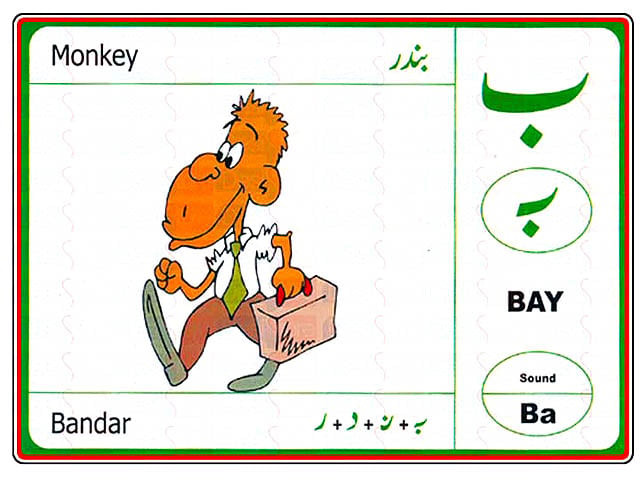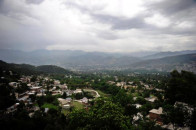Sialkot honours Maulana Zafar Ali Khan
Symposium scheduled to pay tribute to him for his services to the country, Urdu language on his death anniversary.

Senior journalists, poets and writers in Sialkot will visit the grave of the great writer, journalist and poet in Karamabad near Wazirabad.
Khan was born in Sialkot and was a great admirer of another ‘son of Sialkot’, Pakistan’s national poet Allama Iqbal. Khan once penned a verse about Iqbal “Jis Ka Naam Virdey Zubaan-e-Khalq, Nazaan Hey Uski Zaat Pey Khaak-e-Sialkot”.
A symposium has been scheduled by the Sialkot Press Club to pay tribute to Maulana Zafar Ali Khan for his services to the country and the Urdu language on the occasion of his death anniversary.
Zafar Ali Khan is regarded as the father of Urdu journalism. The Zamindar newspaper, when Zafar Ali Khan was its proprietor and editor, was ranked as the premier Urdu paper for Muslims. “However the paper had limited circulation given that advertisements were very meager. Sometimes he couldn’t pay his staff and my father helped him two three times,” said his friend Abdul Virk. The Zamindar was started by Khan’s father, Maulvi Sirajuddin Ahmad, in Sialkot as a farmer’s paper but Khan brought the publication to Lahore as a political paper. The publication was extremely critical of the Punjabi ‘zamindars’ (feudal land owners) who were, by and large, uneducated and had very little time for culture.
The paper also attacked the policies of the zamindars and waderas, leading the community to turn against Khan. “He made many enemies because he lashed out at injustice wherever he saw it, especially against the poor,” his friend Mehboob Sial said.
Maulana Zafar Ali Khan (1956-1873) played an important role in the Pakistan Movement. He was born at Kot Mehrath, Sialkot during the British occupation of India. He received his early education in Mission High School, Wazirabad, Gujranwala District and then went on to Aligarh Muslim University for his graduation. After his graduation, Khan was appointed secretary to Nawab Mohsinul Mulk who was in Bombay at the time. He worked for some time as a translator in Hyderabad, Deccan, rising to the post of Home Department secretary.
He returned from Hyderabad and launched his daily Zamindar from Lahore.
Khan remained engaged in politics for most of his life.
His interest in poetry began during his childhood and his poems were filled with religious and political sentiment. He was specially versed in impromptu compositions.
His poetical output has been published in ‘Baharistan’, ‘Nigaristan and ‘Chamanistan. His other works include ‘Marka-e-Mazhab-o-Science’, ‘Ghalba-e-Rum’, ‘Sayr-e-Zulmet’ and an opera ‘Jang-e-Roos-o-Japan’.
Khan started his career as a journalist under unfavorable circumstances.
Lahore was the centre of Urdu publications and all three well-established newspapers: Partab, Mehrab and Vi Bharat were owned by Hindus at the time. However, Khan and his publication rendered great services to the cause for Pakistan.
In 1934, when the Punjab government banned the paper, Maulana Zafar Ali Khan sued and got the government orders revoked by the court. In the book ‘Modern Muslim India and the Birth of Pakistan’, Dr SM Ikram writes: “He was young, forceful and courageous, and enthusiastically responded to the new political trends.
In his hands the Zamindar became the most influential Urdu daily of Northern India and his role in politics was second only to that of the Ali Brothers and Abul Kalam Azad during the Khilafat movement.” “Zafar Ali Khan will always be remembered for his services to this nation and to the Urdu language. His courage and perseverance was remarkable. I wish we had more men like him today, who could stand up to the forces of tyranny and injustice,” said his long time friend and neighbour, Bandial Kareem.
Published in The Express Tribune, November 27th, 2010.



















COMMENTS
Comments are moderated and generally will be posted if they are on-topic and not abusive.
For more information, please see our Comments FAQ